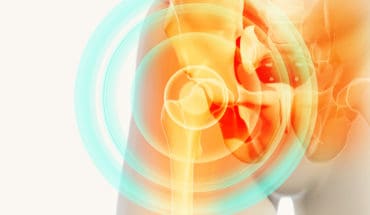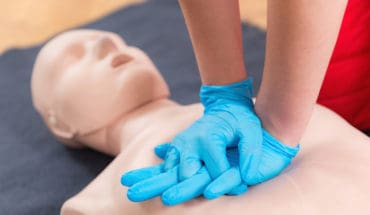Safe and effective management of medication at Northumberland Tyne and Wear NHS Foundation Trust is essential due to the complex medication regimes that our patients need for their ongoing care.
The Trust first decided to look into automating their medication management process to improve patient safety and reduce medication dispensing and administration errors, enhance productivity to make the best use of limited pharmacy and nursing resources, improve patient outcomes by expanding the reach of the clinical pharmacy service, save money and develop the commercial potential of the Trust.
The decision was made to implement the Omnicell VBM 200F into pharmacy to fill medication adherence packs and their automated medication dispensing cabinets to manage medication on the wards. Northumberland Tyne and Wear NHS Foundation Trust is a Global Digital Exemplar site which means we will share our learning and experience of the automated medication systems with other Trusts. The benefits we have seen since automation, coupled with our decision to move from a model of three pharmacy departments to one single dispensing hub, have been significant.
The automated medication dispensing cabinets ensure that the right patient receives the right dose of the right drug at the right time. Access to the cabinets is managed by secure fingerprint recognition and this, along with a unique lockable drawer system, guarantees that the security of controlled drugs is maximised. Both factors are of paramount importance for any mental health setting.
Since introducing the cabinets onto the wards, the hospital has seen an 11.7% reduction in drug spend based on 16-month comparison, this is a financial saving of £6k per ward per year. There is now a more efficient medication supply chain in place across the wards which has led to a further reduction in waste and loss of expired medication. Pharmacy stock wastage has reduced from 1% to 0% which is a further £6k saving per year. In addition to this, nurses have also reduced the time they spend on medicines management by 50%. Nurses now spend more time on face to face patient care which brings its own patient safety benefits. The cabinets have contributed to a 64% reduction in reports relating to controlled drugs. This is due to the security the cabinet provides and the support available for nurses managing stock balances.
The number of ad-hoc/unplanned orders has fallen from 77% to 25% as the medication supply chain is more pro-active and medication is now available to ward staff when it is needed – in fact 99.75% of medication is available for administration when and where needed. Workload is now planned and ordering automated. This has resulted in reliable inventory management.
In the pharmacy, the system has automated our process for producing medication adherence pill packs for outpatients. Patients with mental health illnesses often have complex medication regimes and it’s imperative they take the right dose, of the right medication at the right time to ensure there are no adverse impacts on their treatment plan. While medication adherence pill packs have a crucial role to play in this, filling them manually was particularly onerous for staff and always ran the risk of human error.
A review of the first three months of use of the new technology within the pharmacy found:
- Significant reduction of medication error rates for dispensing patient adherence packs – The non-automated error rate prior to installation was 0.69%. However, post implementation no errors (0%) were associated with the automated dispensing system. This meant that machine itself provided 100% accuracy throughout the dispensing process.
- Reduced time taken to dispense medication adherence packs and number of staff required in the dispensing process – It had previously taken 20 minutes to manually prepare one pack. Post automation this was reduced significantly to just 3 minutes per pack. As a result, the pharmacy estimates that 2-3 WTE staff roles have been saved by the installation of the system. It has allowed staff to follow more clinical roles including the continued development of optimisation strategies to improve patient outcomes and cost effectiveness of medicines; advising patients on their medication and working as part of a multi- disciplinary team to educate patients on important steps to improve and maintain their health.
- Reduction in medication errors – Pre-automation 48 prescriptions included errors, during the course of the study the number of errors recorded were just seven and this was a result of human error post dispensing by the machine – further staff training has now helped to reduce this further still.
- Developing the commercial potential of the Trust – The study and process validation has enabled the Trust to approach neighboring Acute Trusts to offer a safe and reliable dispensing system for their patient’s medication adherence packs. This will provide the Trust with a new revenue stream as well as saving the Acute Trusts money, as they will no longer have to outsource from external organisations.
Since introducing automation at the Trust, there has been a 71% increase in Pharmacy Clinical Interventions as clinical pharmacy staff have been freed up from the medicines supply chain and are now more involved in patient facing roles where they are better placed to make timely interventions to improve quality of care.
We’ve had really positive experiences with new technology. At the Trust we felt that no change or improvement in the human element of pharmacy processes would give us the step change in patient safety that automation would, and that has been proven to be correct. We now have our valuable and skilled staff doing the most appropriate tasks and having the greatest impact on patient safety and experience.
- New technology reduces medication errors - 22nd May 2018







